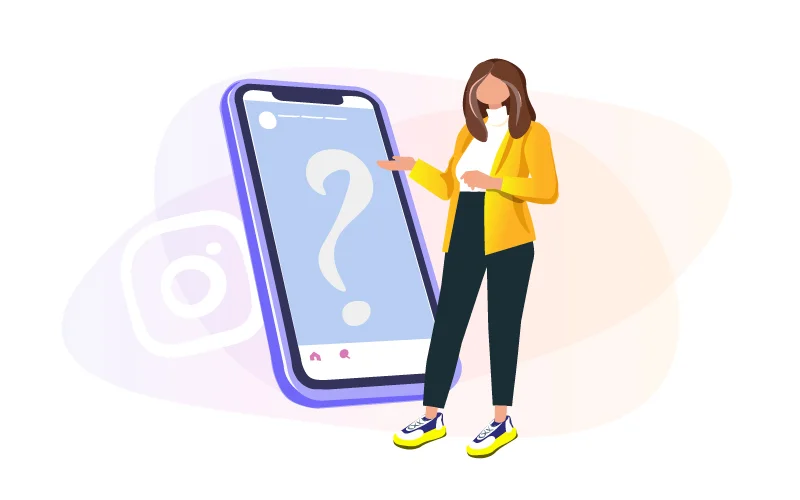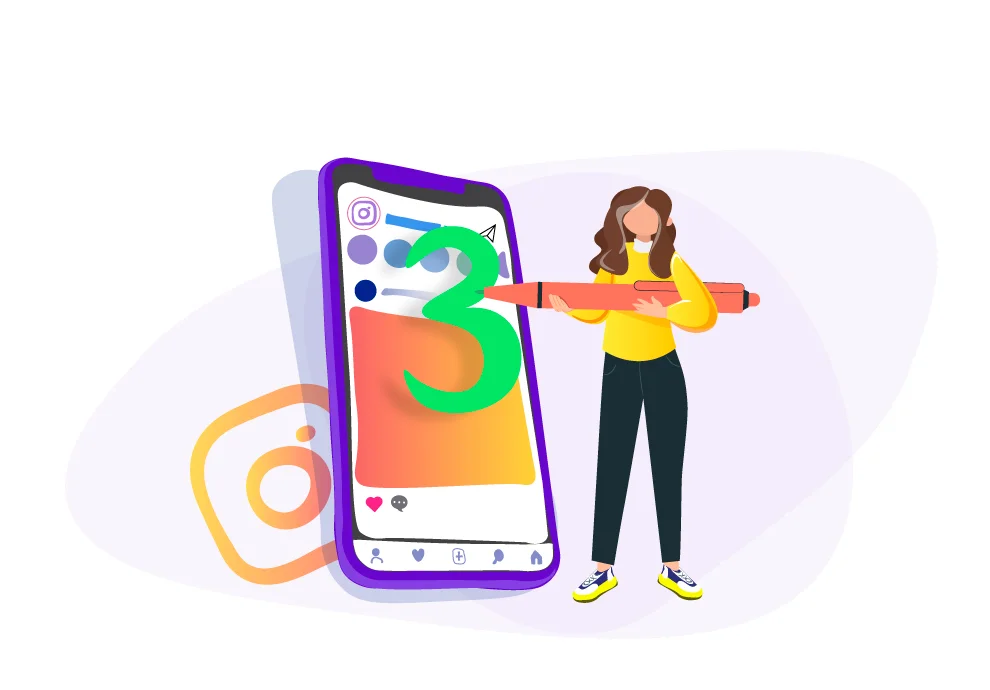1. Social Proof
Social proof is a classical and well-known notion that states that a person will look at the behavior of others when deciding, for instance, whether to purchase or not. If you show feedback, cases, or numbers of your business, implemented projects, or long-term customers as social proof, that will definitely decrease the initial concerns of your potential customer. Customers will understand that others trust you and regard this behavior as correct. Providing social proof will do good to any of your posts, ad, or videos on your product.
2. Reciprocity
Reciprocity is a notion of social psychology that states that people tend to respond to a positive action with another positive action. For instance, if the content you have generated is of great interest and value to a person, they will likely feel like fastening their eyes, say, on your product offer.
A very common example of reciprocity is a free-of-charge webinar: create catchy content at the beginning, and your audience will likely be staying further to the selling part of a webinar.
3. Celebrity Endorsements
Our brain is constantly trying to optimize everything and find decent proof that some well-known and highly-respected people have approved this particular product or offer.
For instance, if a famous, honored, or high-profile person recommends a specific bank, the audience will tend to trust this bank more. But it is not just about slogans (they are not too engaging) but rather about personal investment stories at that bank. It is celebrity endorsement in action.
You can use this format to your advantage — add influencers’ opinions and give widely-known names of your customers — both companies and individuals — on your social media.

4. Shortage Principle
If any offer is limited — that will automatically raise the general interest to it. Booking.com is a textbook example of that. You open the website and search for a hotel in the given city for the given period. You find the hotel matching all criteria, but for whatever reason, at this very moment, you decide to leave the website and postpone the booking. And, bolt-of-the-blue, you see two huge lines: ‘only one room left on Booking.com’ and ‘4 other people looked for your dates in the last 10 minutes.’ Even if you are aware of this principle — it blows your mind! The offer becomes valuable, that hotel turns to look like the best possible option, and you proceed to book. It is a great way to overcome consumers’ procrastination.
How does it work on social media? Daily stories are a good example. If you sell concert tickets — you tell how many tickets are left day-by-day. Price fluctuation is another example — you give the lowest price 90 days before the event and raise it gradually the closer we get to the date.
5. Consistency Principle
We are all doing our best to stay consistent. If you say something out loud — for example, any of your intentions — you will definitely try to stick to it. You often come across public promises on Instagram marathons, and it’s the consistency principle that lies at the heart of them. The goal is to make a person declare their wish — announce it on their stories or text via chat. For example, ‘I will finish this marathon!’ or ‘I’m going to read this book to the last page.’
6. Similarity Principle
We are more inclined to trust those we view as similar to ourselves in this or that aspect. An engineer is more likely to trust another engineer rather than a representative of another occupation. Those driving an Audi will trust fellows with the same car brand rather than different vehicle owners.
All public pages and forums are based on this principle. That is why it is so important to show various kinds of feedback: those living in Krasnodar will be happy to read comments from their townspeople, and just-married will be pleased to see reviews of other just-married. The more we find in common with the author — the more our trust grows.









